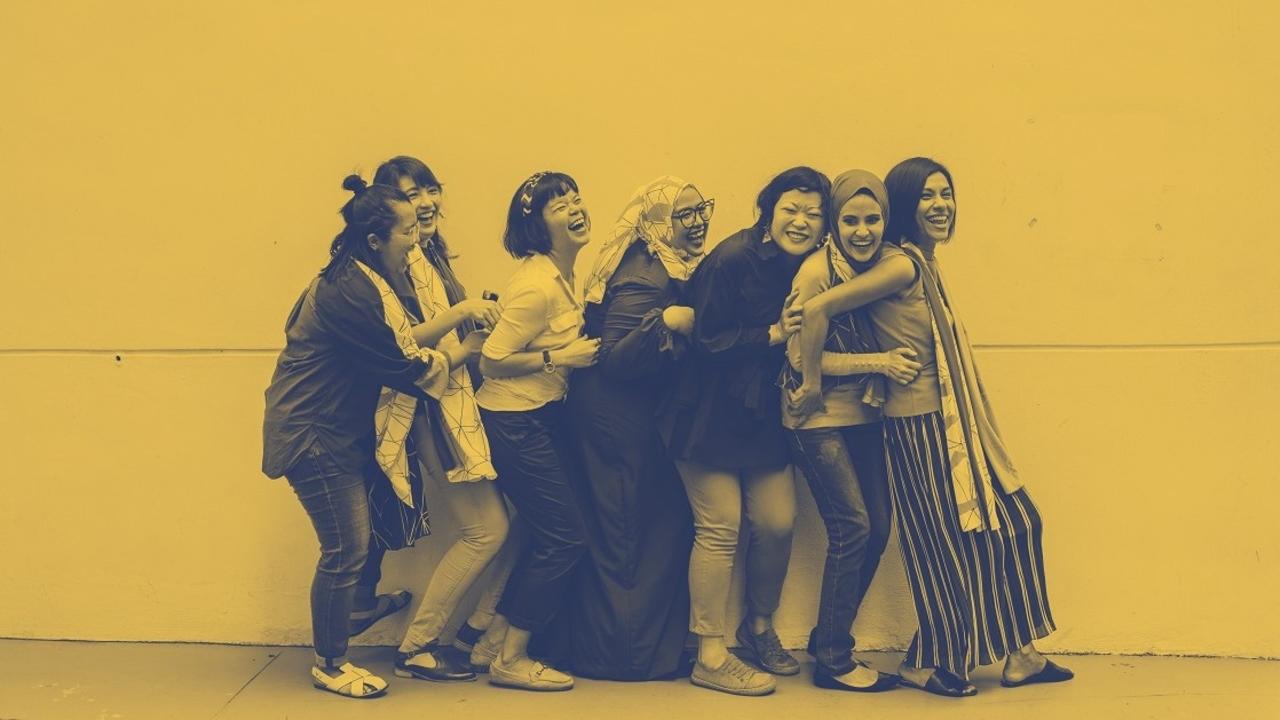
How I see myself versus how others see me
Jun 18, 2019How I see myself versus how others see me – Is it all about labels we receive or give, coming to know who we are or are supposed to be, or is it more about leveraging these labels to fight back against stereotypes?
By Dr Susi Poli
In a short survey run in recent months, we asked WHEN members to have a say on the common practice of labelling others at first sight, in the workplace and out of it.
The purpose has been to map the variety of labels to check them against women’s consciousness of how others see them and of how they see themselves. What do these labels have to say, do they match our perception of how others see us or are they simply the trigger for our understanding and fight back against stereotypes?
The first question was about feeling the labels others give us or what labels we apply to yourself. Among the answers we have collected, there are the following: black, professional, scientist, female, non-traditional academic, mother, working mum, ethnic minority, overweight, unconfident, supportive, failure, immigrant, driven and focussed, Dr, among others.
Each of these labels would deserve a talk in itself, but in this short piece my focus is on issues of intersectionality, mainly my culture, background, ethnic group, gender, appearance, level of confidence, family status because all these matter for women in the workplace even if we cannot see how.
What labels women have been given by others, including how they know this, was our second question. Among the answers collected, there are the following: black, good immigrant, foreigner, woman, confident, friendly, supportive, girl, enthusiastic, perfectionist, expert, too busy or too stressed, leader. Again, these labels have a lot to say to us, but again they describe how much the intersectional traits stressed above count for us, as we see ourselves and feel seen by others.
When asked which of these labels women felt that have hindered them in the workplace, some of these answers have been disparate but however all more or less in line with stereotypical and intersectional traits, such as black, female, non-PhD academic, perfectionist (to mean difficult), girl, bubbly, support staff, woman, unconfident, failure, non-a-white-Brit-man, among the main ones.
What labels have helped these women, and here is what we have collected: here the answers have been mainly focussed on the level of professionalism these women had to bring: leader, professional, confident, creative, original, experienced, competent.
After all, with no aim to analyse the set of answers but just to look at them on the surface, I have dug into these answers to see what they might mean to me; above all, what they have to say to the pool of women and to the WHEN community as sides involved. In the end, three main points seem clear:
- BME women have had a say and want to make it clear, to other women and men too. Therefore, we see that BME women have been the majority of the respondents based on most of the issues they have intentionally raised.
- These women have shown a high degree of self-consciousness. This is to say that they know who they are and how others are likely to describe them, so that their labels are highly likely to match labels granted by others. There is, however, a number of apparently offensive labels, for instance support staff or non-PhD academic, but these do not seem to touch women or, if so, they serve more as the trigger for loading their reaction.
- Intersectionality makes a difference, not less in motivating these women to fight back. In most of the cases, issues of intersectionality have been compared and contrasted so to stress cultures, ethnicity and not being white and British have had a high degree of influence within the group of respondents.
A final point is that anonymity from women has been preferred and we have acknowledged that the fight is on but that there is still a long way to go. Sticking together under WHEN Equality, of course.

